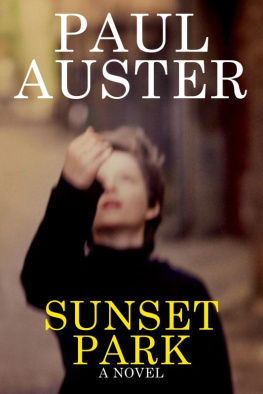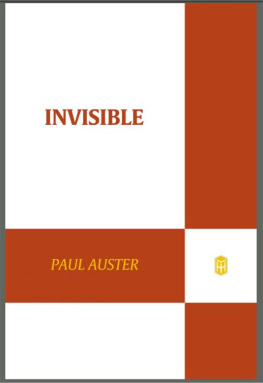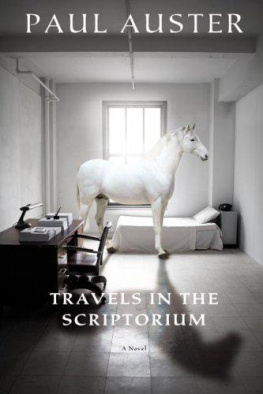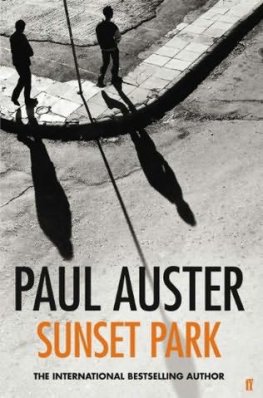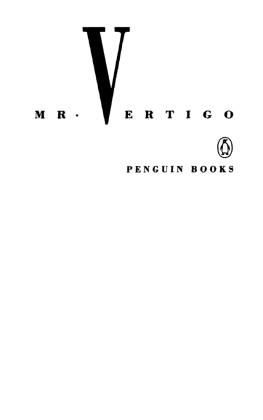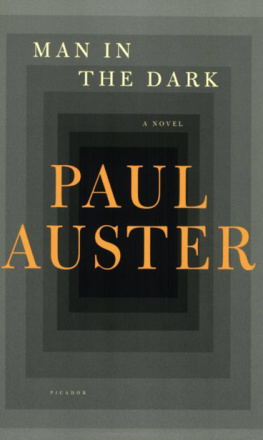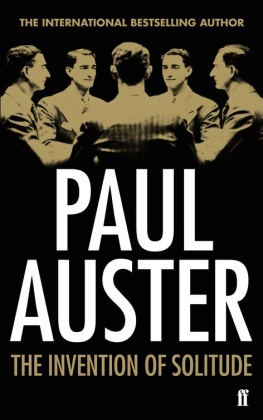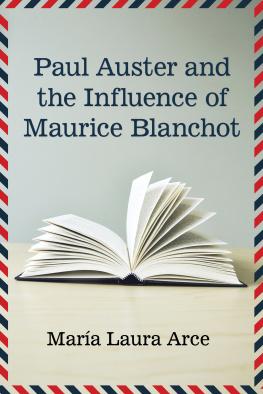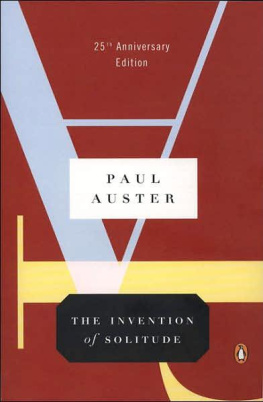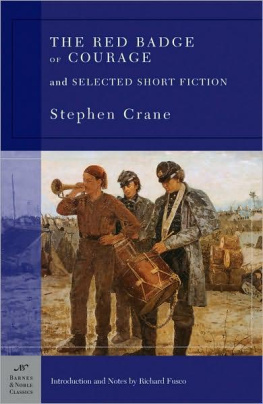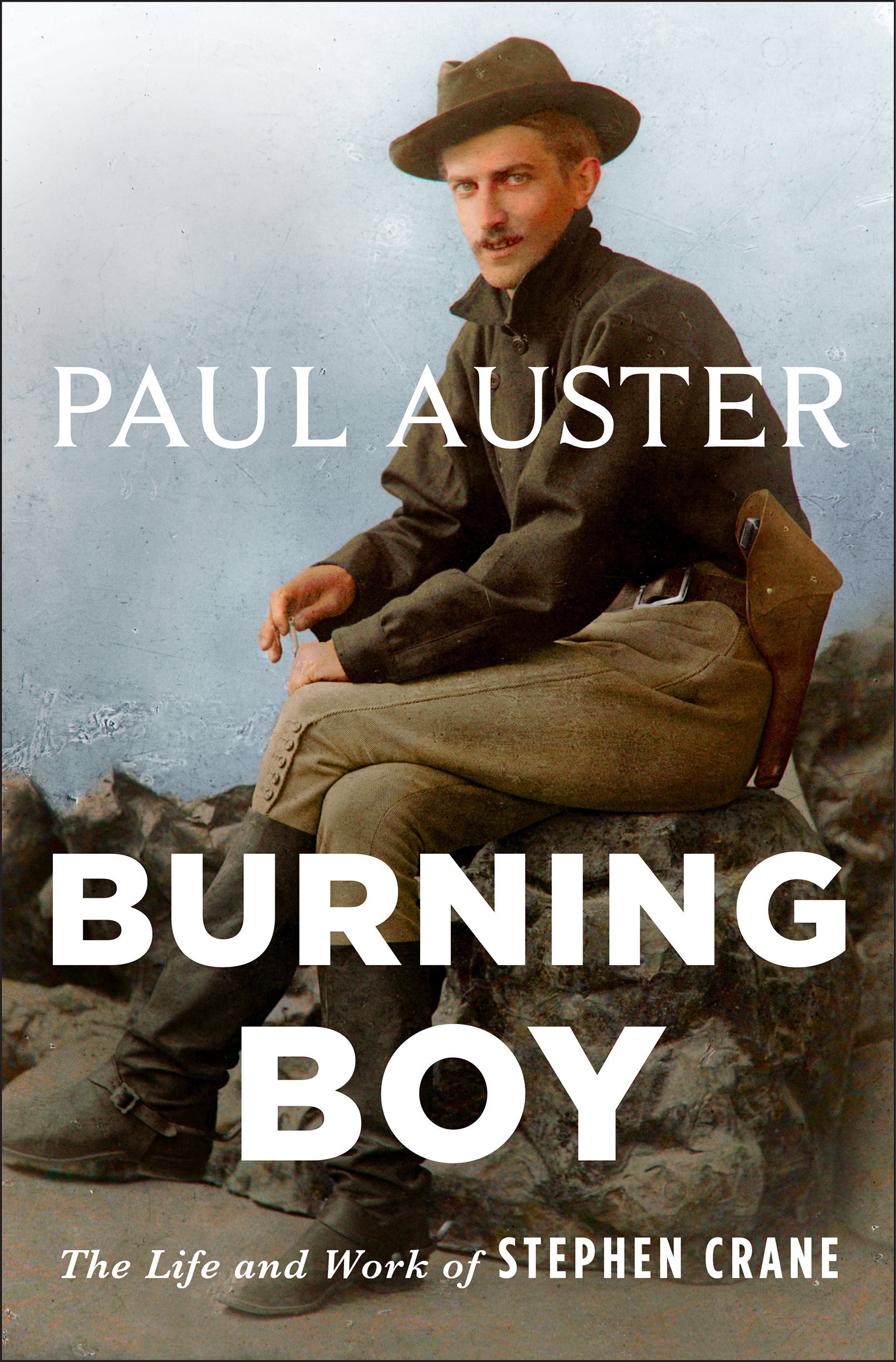Contents
Guide
Pagebreaks of the print version

The author and publisher have provided this e-book to you for your personal use only. You may not make this e-book publicly available in any way. Copyright infringement is against the law. If you believe the copy of this e-book you are reading infringes on the authors copyright, please notify the publisher at: us.macmillanusa.com/piracy.
Born on the Day of the Dead and dead five months before his twenty-ninth birthday, Stephen Crane lived five months and five days into the twentieth century, undone by tuberculosis before he had a chance to drive an automobile or see an airplane, to watch a film projected on a large screen or listen to a radio, a figure from the horse-and-buggy world who missed out on the future that was awaiting his peers, not just the construction of those miraculous machines and inventions but the horrors of the age as well, including the destruction of tens of millions of lives in two world wars. His contemporaries were Henri Matisse (twenty-two months older than he was), Vladimir Lenin (seventeen months older), Marcel Proust (four months older), and such American writers as W. E. B. Du Bois, Theodore Dreiser, Willa Cather, Gertrude Stein, Sherwood Anderson, and Robert Frost, all of whom carried on well into the new century. But Cranes work, which shunned the traditions of nearly everything that had come before him, was so radical for its time that he can be regarded now as the first American modernist, the man most responsible for changing the way we see the world through the lens of the written word.
He took his first breath on Mulberry Place in Newark, New Jersey, the ninth surviving child of the fourteen offspring born to his devout Methodist parents, Jonathan Townley Crane and Mary Helen Peck Crane, and because his father was a minister who traveled from parish to parish in the later years of his long pastoral career, the boy grew up without the standard attachments to place, schools, and friends, moving at age three from Newark to Bloomington (now called South Bound Brook), at age five from Bloomington to Paterson, at age seven leaving Paterson for his fathers next post as head of the congregation at Drew Methodist Church in Port Jervis, New York, a town of nine thousand people situated at the tristate juncture of New Jersey, Pennsylvania, and New York, where the Delaware and Neversink Rivers converge, and then, when his sixty-year-old father died suddenly of a heart attack three months after Cranes eighth birthday, the family was compelled to leave the parsonage, with his mother moving to Roseville, New Jersey, an unincorporated community/neighborhood within Newark bordering Bloomfield and East Orange, and the boy and his brother Edmund (older than Crane by fourteen years) going off to live with relatives on a farm in Sussex County, all of them eventually regrouping in Port Jervis to live with another brother, William (older by seventeen years), after which, in 1883, his mother bought a house in the resort town of Asbury Park, New Jersey (The Summer Mecca of American Methodism), where the teenage Crane began his career as a writer by composing summer holiday squibs for yet another one of his brothers (Townley, older by eighteen years), who ran a local news agency for the New York Tribune and the Associated Press. By then, two more of Cranes siblings had died: In 1884, his twenty-eight-year-old sister Agnes Elizabeth, a schoolteacher and short story writer who had been as much a mother to him as his own mother and had encouraged his interest in books, was killed by meningitis, and, in 1886, his twenty-three-year-old brother Luther was crushed to death when he fell under a moving train while working as a flagman and brakeman on the Erie Railroad. After one disaffected and aborted year as a college student (a single semester at Lafayette followed by another semester at Syracuse, where he played on the baseball team and registered for just one course), Crane headed back south to the twin destinations of Asbury Park and New York City, determined to make his way as a professional writer. He was not yet twenty years old. On September twenty-eighth, just blocks away from where Crane would soon be living in Manhattan, the unread and all but forgotten Herman Melville died. On November tenth, thousands of miles to the east in Marseille, France, Arthur Rimbaud died at the age of thirty-seven. Twenty-seven days after that, Cranes sixty-four-year-old mother died of cancer. The newly orphaned budding writer had only eight and a half more years to live himself, but in that short time he produced one masterpiece of a novel (The Red Badge of Courage), two boldly imagined and exquisite novellas (Maggie: A Girl of the Streets and The Monster), close to three dozen stories of unimpeachable brilliance (among them The Open Boat and The Blue Hotel), two collections of some of the strangest, most savage poems of the nineteenth century (The Black Riders and War Is Kind), and more than two hundred pieces of journalism, many of them so good that they stand on equal footing with his literary work. A burning boy of rare precociousness who was blocked from entering the fullness of adulthood, he is Americas answer to Keats and Shelley, to Schubert and Mozart, and if he continues to live on as they do, it is because his work has never grown old. One hundred and twenty years after his death, Stephen Crane continues to burn.
It could be that I am exaggerating somewhat. That Crane continues to burn is not in question, but whether he lives on as brightly as those other too soon extinguished burning boys is less clear. Once upon a time, almost every high school student in America was required to read The Red Badge of Courage. I was fifteen when I first encountered the novel in 1962, and it was an explosive, life-altering discovery for me, as it was for most of my classmates (boys and girls alike), but now, for reasons I find difficult to understand, the book seems to have fallen off the required reading lists, which has the double effect of depriving young students of an important literary experience and relegating Crane to the shadows, for if my classmates and I hadnt been exposed to The Red Badge of Courage, it is doubtful we would have taken the initiative to look into other works by Crane, the poems, for example (which can cause a sudden, general shock to the system), or the short stories, or the brutal depiction of New York slum life in Maggie. My evidence is purely anecdotal, but when I recently asked my thirty-year-old daughter if she had been assigned the book in high school, she said no, which led me to begin an informal survey of her friends, fifteen or twenty young men and women who had gone to high schools in various far-flung parts of the country, asking them the same question I had asked her, and one by one they all said no as well. Even more surprising, only one of my literary acquaintances from non-English-speaking countries has ever heard of Crane, which is also true for the vast majority of my English acquaintances, even though Crane was just as celebrated in England as he was in America during his lifetime. My non-American friends are familiar with Twain, Poe, Hawthorne, Emerson, Whitman, Henry James, and the once neglected Melville and Dickinson, but Crane, who deserves to stand among those gods (in my opinion), is a cipher to them.


